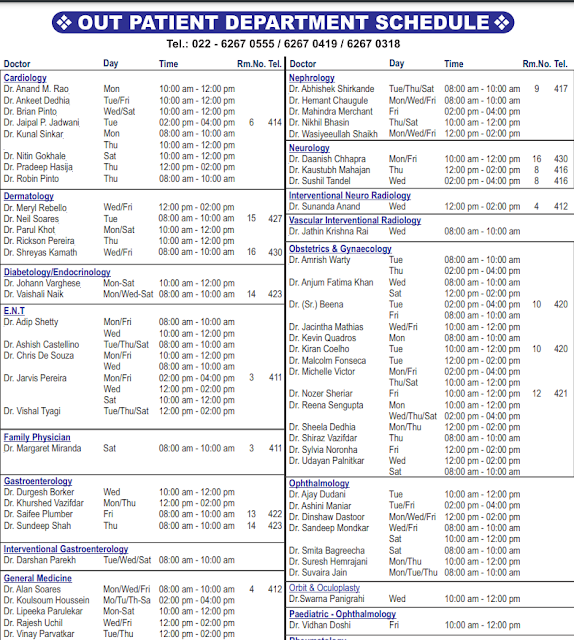Parkinson
https://www.everydayhealth.com/parkinsons-disease/parkinsons-disease-progression.aspx
Amantrel Tablet is used alone or in combination with other medicines to treat Parkinson’s disease. It can also be used to treat drug-induced movement disorder. It works by increasing the levels of a chemical called dopamine in the brain, which is important for controlling movement.
https://www.1mg.com/drugs/amantrel-tablet-535640
Donep 5 Tablet is used to treat mild to moderate dementia in Alzheimer’s disease, a progressive illness that gradually affects memory and thinking. It does not cure this illness but may help improve memory, awareness, and other symptoms.
https://www.1mg.com/drugs/donep-5-tablet-342092
According to these results, COVID-19 appears to accelerate disease progression in all types of dementia. Further research is needed to understand why COVID-19 accelerates brain deterioration in patients with dementia. This research could also inform the development of treatments to slow the progression of dementia in patients who have had COVID-19.
https://covid19.nih.gov/news-and-stories/rapid-progression-dementia-following-covid-19
Parkinson's disease
/
Symptoms
Requires a medical diagnosis
Parkinson's often starts with a tremor in one hand. Other symptoms are slow movement, stiffness and loss of balance.
People may experience:
Tremor: can occur at rest, in the hands, limbs, or can be postural
Muscular: stiff muscles, difficulty standing, difficulty walking, difficulty with bodily movements, involuntary movements, muscle rigidity, problems with coordination, rhythmic muscle contractions, slow bodily movement, or slow shuffling gait
Sleep: early awakening, nightmares, restless sleep, or sleep disturbances
Whole body: fatigue, dizziness, poor balance, or restlessness
Cognitive: amnesia, confusion in the evening hours, dementia, or difficulty thinking and understanding
Speech: difficulty speaking, soft speech, or voice box spasms
Mood: anxiety or apathy
Nasal: distorted sense of smell or loss of smell
Urinary: dribbling of urine or leaking of urine
Facial: jaw stiffness or reduced facial expression
Also common: blank stare, constipation, depression, difficulty swallowing, drooling, falling, fear of falling, loss in contrast sensitivity, neck tightness, small handwriting, trembling, unintentional writhing, or weight loss
